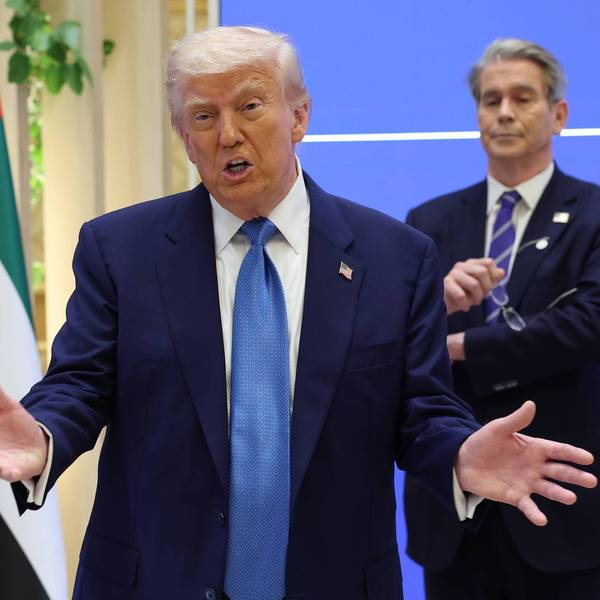"Money is not speech."
That was the argument presented by former Supreme Court Justice John Stevens as he attacked the high court's recent ruling in McCutcheon v. Federal Election Commission, which crippled campaign finance limits, during his testimony before the Senate Committee on Rules and Administration on Wednesday.
"While money is used to finance speech, money is not speech. Speech is only one of the activities that are financed by campaign contributions and expenditures. Those financial activities should not receive precisely the same constitutional protections as speech itself," Stevens said. "After all, campaign funds were used to finance the Watergate burglary, actions that clearly were not protected by the First Amendment."
The retired justice made a rare appearance before Congress to champion a proposed constitutional amendment, put forth by Senator Tom Udall (D-N.M.), that would grant Congress the authority to regulate campaign finance, limiting the ability of super PACs to impact elections.
During the hearing, Senator Chuck Schumer (D-N.Y.) announced that the Senate would vote on the amendment later this year. The law would reportedly roll back the McCutcheon ruling, as well as other landmark campaign finance decisions recently issued by the Supreme Court, including Citizens United and Buckley v. Valeo--which have all contributed to the explosion of donations by undisclosed, deep-pocketed groups, or 'dark money.'
According to the Center for Responsive Politics, which also submitted testimony to the Senate committee, in the 2014 midterm cycle, three times more dark money spending has already been reported to the FEC than at this point during the 2012 presidential campaign.
The Senate hearing on campaign finance disclosure was the first since the McCutcheon decision was handed down. As the Associated Press explains, the court left in place a limit on how much individual candidates can take from each donor, but the justices cleared the way for donors to give the maximum amount to every candidate on the grounds that restrictions limit free speech rights.
A video of the hearing is available below via C-SPAN.
_____________________



